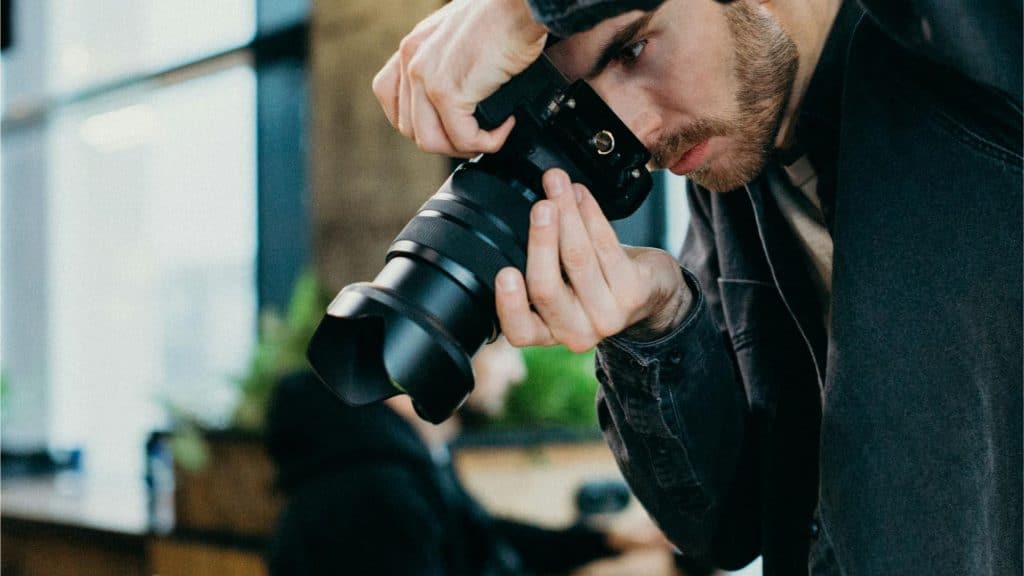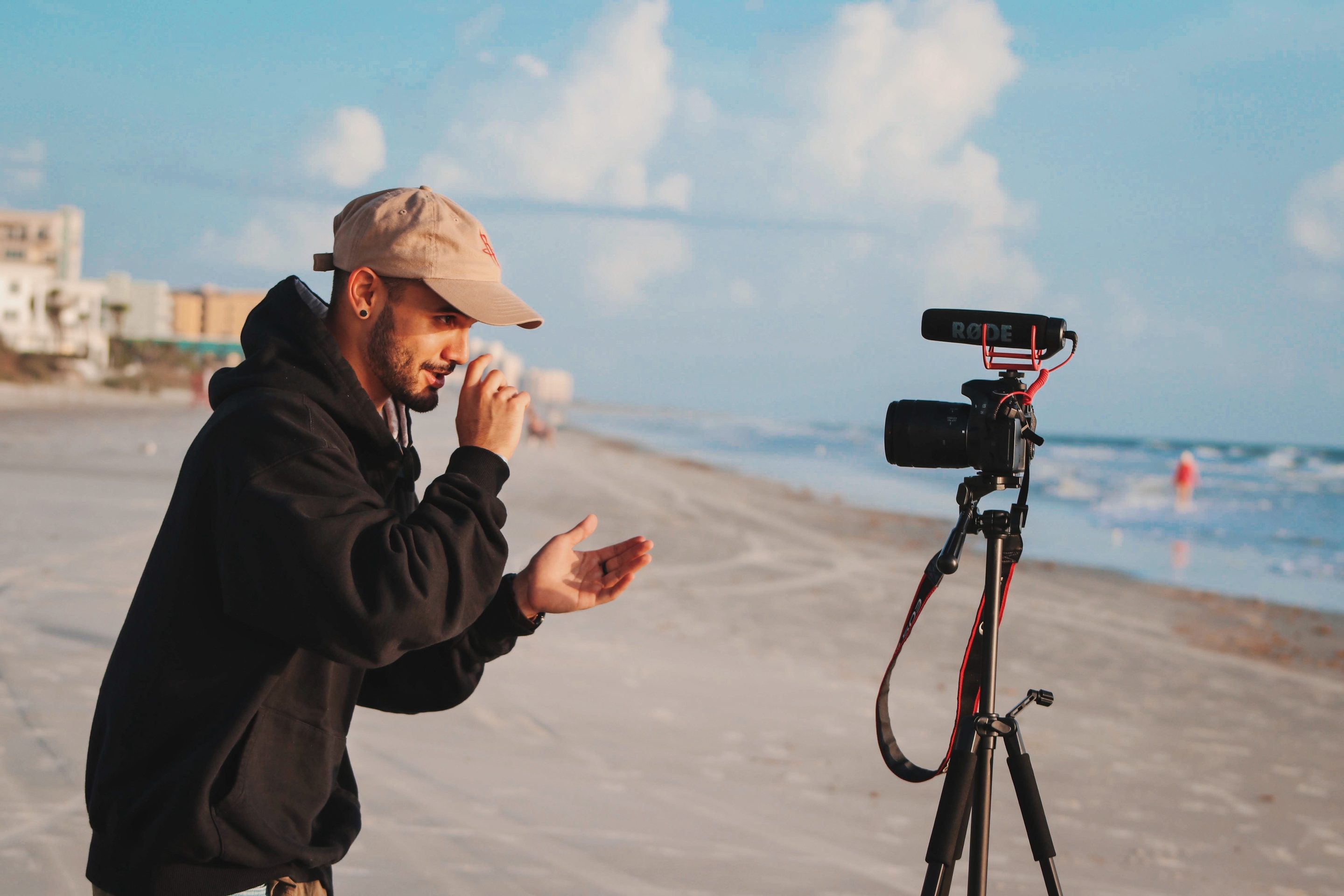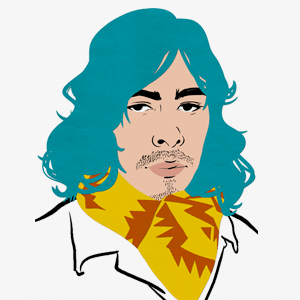Is a Photography Degree Worth It?

Perspectives on the benefits of gaining an art and design education.
If you’ve stumbled upon this article you’re likely looking to join the ranks of creatives who’ve successfully turned their passion into a profession. You’ve spent hours researching the first steps, watching some of the many excellent YouTube channels on photography and reading the blogs of countless professional photographers who’ve shared their personal journeys, but all you’ve learned is that everyone’s path is different.
There are many paths one can take toward becoming a professional and there are valid reasons for both traditional and self-taught approaches to education. Which path is the best choice for you depends on the kind of person you are.
What value can a formal education such as earning a degree at a college offer over the endless amount of free material available online? It’s true, if you head to YouTube right now and search for photography basics there are thousands of videos waiting for you.
The Self-Taught Approach
Information Overload. When searching for learning options online, the sheer volume of information available can almost be to your detriment, as it makes finding truly valuable information a much more time-consuming task. With countless channels and personalities who all seem to be confident and knowledgeable competing for your attention, it can be difficult to piece together a solid educational foundation to build a career upon.
Reliable Sources. One problem with self-study can be finding a trustworthy information source or instructor providing truly valuable information. As a beginner, you may lack the experience to properly vet your instructors, making it difficult to be certain that the content you’re consuming is both correct and important to your development as a photographer.
Finding Your Level. Once you’ve managed to find a source you’re fairly certain you can trust, what happens if the trajectory of their uploads doesn’t mirror your own development—covering the skills and topics you’re interested in learning? The hunt for a teacher begins again.

That isn’t to say that it’s not possible to find good teachers sharing valuable information on platforms like YouTube, but when it comes to amassing the skills and knowledge necessary to transition from hobbyist to working professional, there’s no telling how long this route will take.
Benefits of a Degree Program
Structured Learning. One of the biggest benefits a more traditional approach to studying photography can provide is structure. Degrees provide a clear path forward for those looking to become professionals. From the outset, you’ll have an idea of exactly what to expect and how long it will take.
As you progress, you’ll know where you are along that trajectory, which provides peace of mind in a way that self-study simply can’t.
Trusted Sources. It’s also easier to verify the institution, your instructors, and the program itself so you can be confident in the validity of the information you receive. Before starting a program you can look into the teachers and past graduates to be certain you’ll achieve the kinds of results you’re looking for.

Pathways for Beginners. Degree programs are designed to contain all of the information necessary to take students from complete beginners to skilled practitioners ready to enter the professional world. Concepts and skills are introduced in an order more conducive to understanding, and knowledgeable instructors are there every step of the way to answer questions and provide guidance.
Hands-on Learning. Projects and assignments can help to cement foundational principles and skills by leveraging the topics discussed in class. This quick transition between theory and practice coupled with the added accountability of assignments is a reliable recipe for rapid progression.
On top of that, having access to instructors who have been in your shoes before and can help you to navigate common pitfalls can fast-track your learning by helping you to reach insights that might have taken years to arrive at on your own.
The truth is, there is no one-size-fits all answer to the question of whether or not a degree in photography is worth it. The better question to ask is what do you hope to achieve and how long are you willing to wait to make it a reality?
For most learners, establishing a strong foundation through a degree or certificate and knowing how to advance your own learning, through magazines, organizations—and yes, YouTube channels and influencers—will be the path to becoming a knowledgeable practitioner.

Taylor is a concept artist, graphic designer, illustrator, and Design Lead at Weirdsleep, a channel for visual identity and social media content. Read more articles by Taylor.
ENROLL IN AN ONLINE PROGRAM AT SESSIONS COLLEGE:





